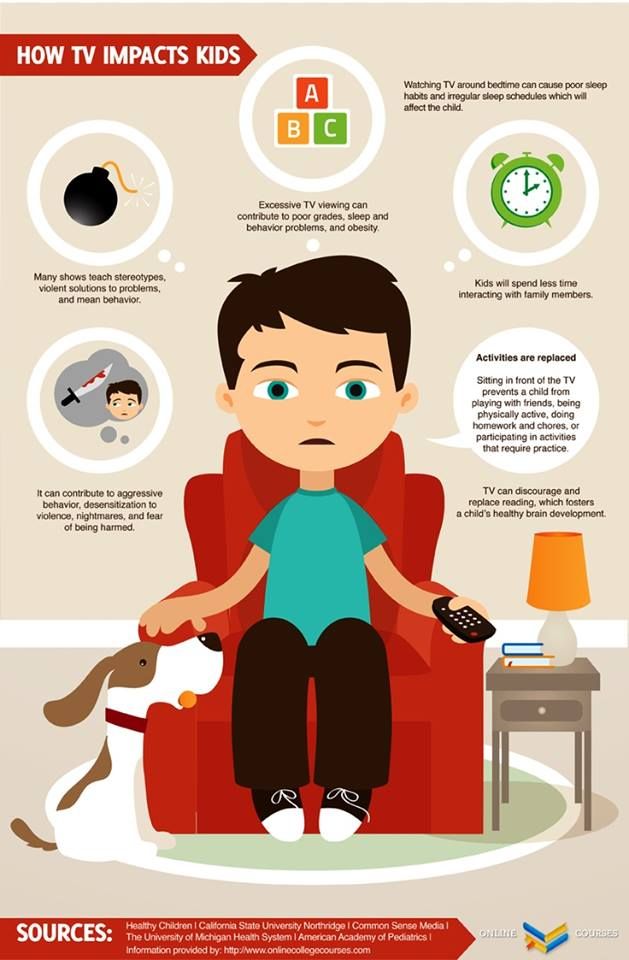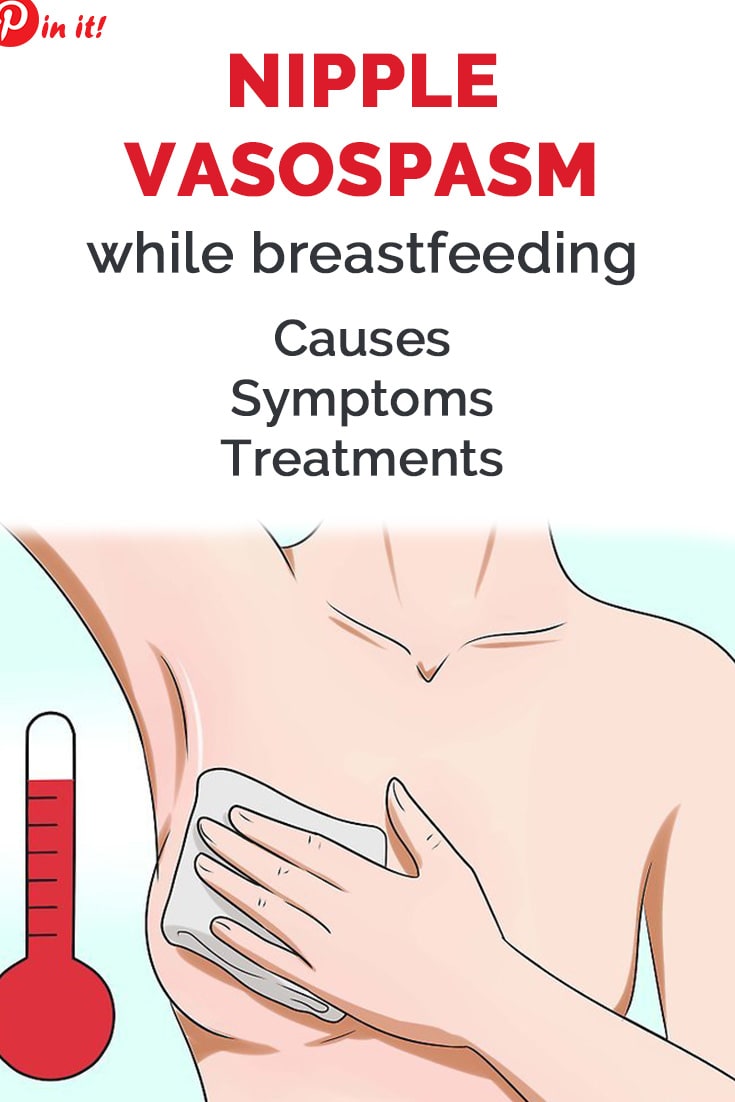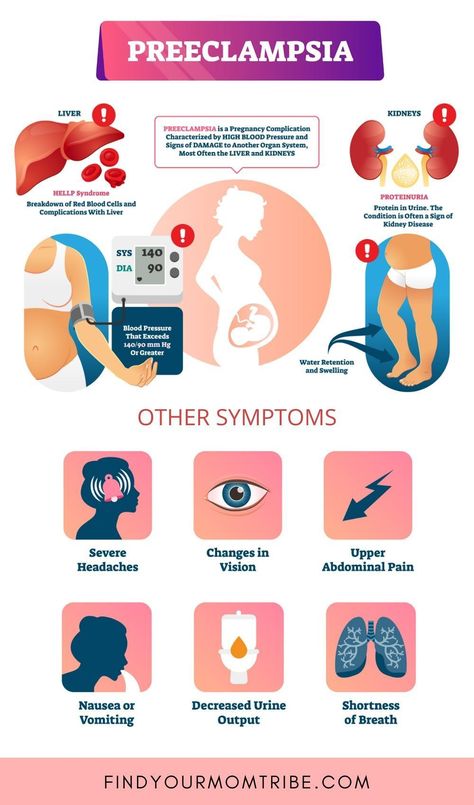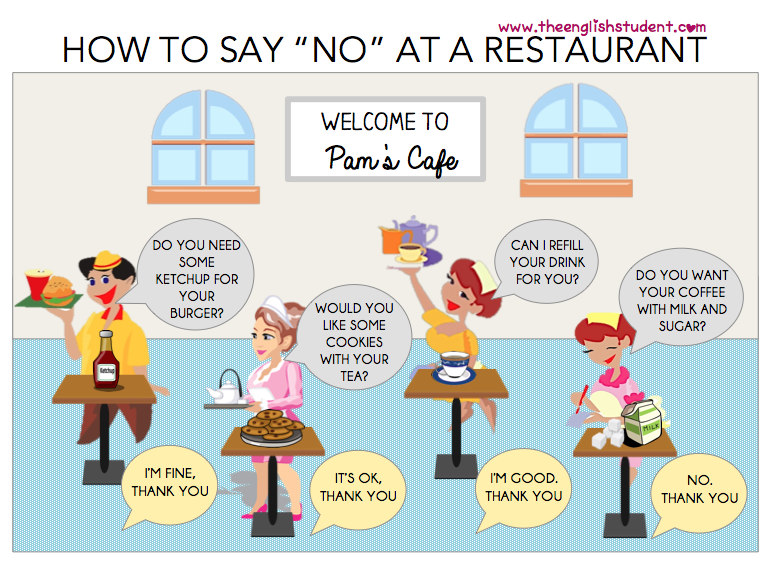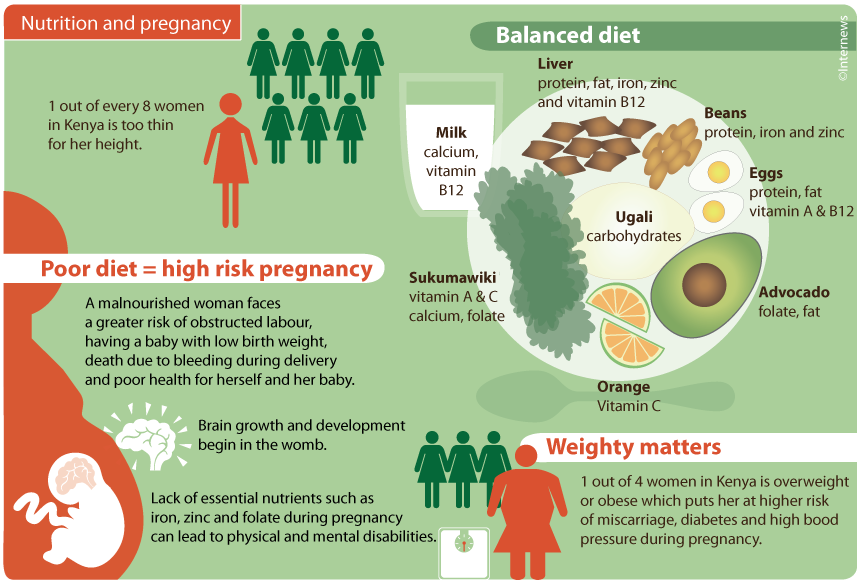Violence on tv and how it can affect your child
TV Violence -- a Cause of Child Anxiety and Aggressive Behavior?
These days, just about every time you turn on the TV you're met with a barrage of violent images including explosions, suicide bombings, and war casualties. And that's just the news! Many popular television shows -- even those in the so-called "family" time slot of 7-8:30 p.m. -- also feature much more violence than shows aired in this time slot just a few years ago.
American children watch an average of between three and fours hours of television daily. As a result, TV violence and children has become a hot topic. Studies show extensive viewing of television violence may cause children to become more aggressive and anxious. Children who watch many hours a week of violent TV may become inured to violence and begin to see the world as a scary and unsafe place.
As a parent, you are your child's first line of defense. It's your job to protect your child from the negative effects of excessive TV violence and protect them from the problems resulting from such exposure. Monitoring your child's viewing habits as well as engaging in frank conversations about what they might have seen can help stave off any lasting emotional effects. Here are some suggestions from the experts:
- Pay attention to what your children are watching.
- Watch TV with your kids.
- Put kids on a "TV diet" and limit their TV time just as you limit their junk food intake.
- Don't let your child have a TV in their bedroom.
- Don't let your child watch shows you know are violent.
- Change the channel or turn off the TV when violent or offensive material comes on and tell your child why you are doing so.
- Consider the v-chip or other tools that allow parents to block inappropriate programming.
- Use the ratings system, which offers information about the violent content of a TV program.
- Make sure other parents and caregivers with whom your child spends time are on the same page.
The news can be particularly troublesome these days.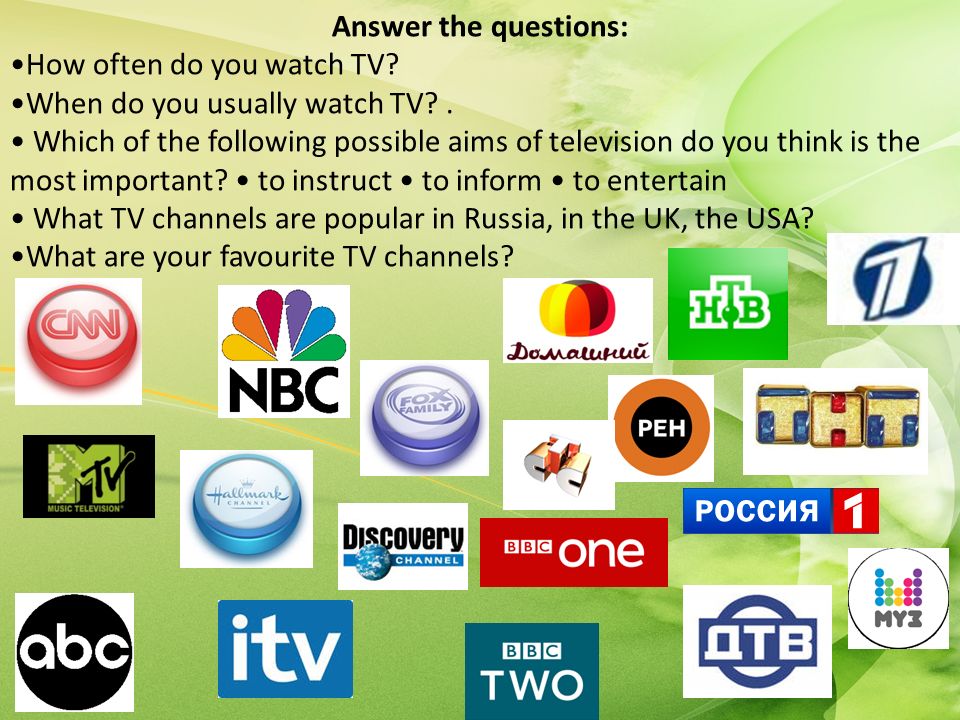 As a result, the American Academy of Child and Adolescent Psychiatry suggests parents:
As a result, the American Academy of Child and Adolescent Psychiatry suggests parents:
- Monitor the amount of time children watch news shows
- Make sure there is adequate time and a quiet place to talk following an upsetting broadcast
- Watch the news with children
- Ask your child what they have heard and what questions they may have
- Provide reassurance regarding their own safety
- Look for signs the news may have triggered fears or anxieties, including sleeplessness, night terrors, bedwetting, crying, or talking about being afraid.
When discussing TV violence with your children:
Make sure you are age-appropriate. For example, children under 8 may have trouble differentiating between fantasy and reality. Help them understand the difference when discussing what they have seen.
Acknowledge older children's fears and reassure them of their safety.
Children over the age of 8 who have seen violent acts on TV or in the movies may become fearful that such things might happen to them.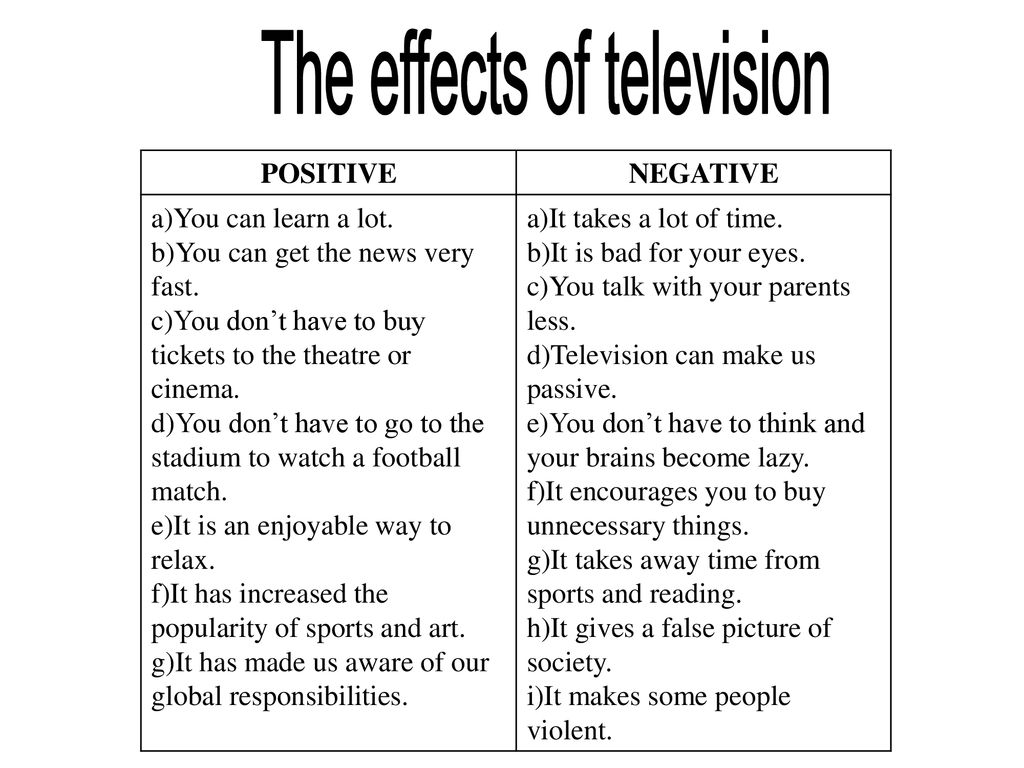 Don't belittle their fears; instead acknowledge them and reassure children you will protect them from harm. Try saying something like this: "I know that you are afraid. I will do my very best to make sure you are safe."
Don't belittle their fears; instead acknowledge them and reassure children you will protect them from harm. Try saying something like this: "I know that you are afraid. I will do my very best to make sure you are safe."
Today on Grow
Recommended for You
Doctor-approved information to keep you and your family healthy and happy.
- Pregnancy & Baby Bulletin
- Parenting & Children's Health
TV Violence and Children
TV Violence and Children
No. 13; Updated December 2017
American children watch an average of four hours of television daily. Television can be a powerful influence in developing value systems and shaping behavior. Unfortunately, much of today's television programming is violent. Hundreds of studies of the effects of TV violence on children and teenagers have found that children may:
- become "immune" or numb to the horror of violence
- begin to accept violence as a way to solve problems
- imitate the violence they observe on television; and
- identify with certain characters, victims and/or victimizers
Extensive viewing of television violence by children causes greater aggressiveness.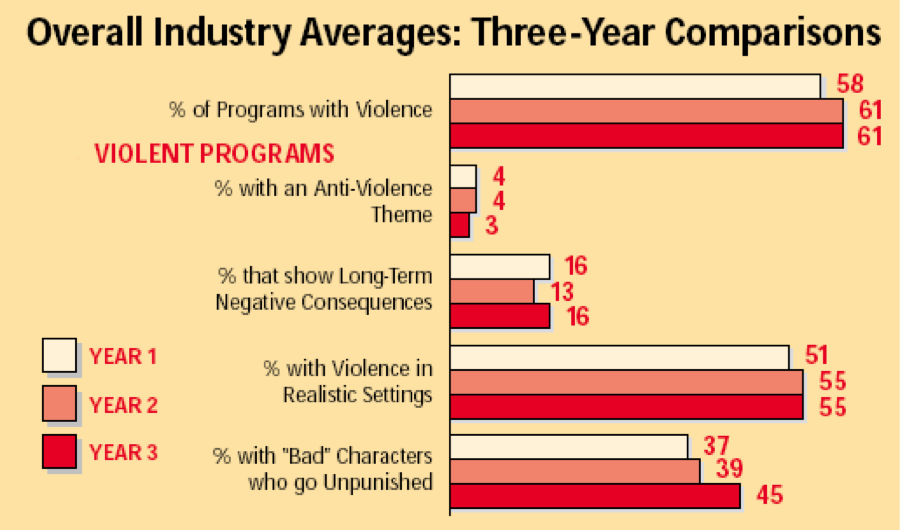 Sometimes, watching a single violent program can increase aggressiveness. Children who view shows in which violence is very realistic, frequently repeated or unpunished, are more likely to imitate what they see. Children with emotional, behavioral, learning or impulse control problems may be more easily influenced by TV violence. The impact of TV violence may show immediately in the child's behavior or may surface years later. Young people can be affected even when their home life shows no tendency toward violence.
Sometimes, watching a single violent program can increase aggressiveness. Children who view shows in which violence is very realistic, frequently repeated or unpunished, are more likely to imitate what they see. Children with emotional, behavioral, learning or impulse control problems may be more easily influenced by TV violence. The impact of TV violence may show immediately in the child's behavior or may surface years later. Young people can be affected even when their home life shows no tendency toward violence.
While TV violence is not the only cause of aggressive or violent behavior, it is clearly a significant factor. Parents can protect children from excessive TV violence in the following ways:
- pay attention to the programs their children are watching and watch some with them
- set limits on the amount of time they spend with the television; consider removing the TV set from the child's bedroom
- point out that although the actor has not actually been hurt or killed, such violence in real life results in pain or death
- refuse to let the children see shows known to be violent, and change the channel or turn off the TV set when offensive material comes on, with an explanation of what is wrong with the program
- disapprove of the violent episodes in front of the children, stressing the belief that such behavior is not the best way to handle a problem
- help with peer pressure among friends and classmates by contacting other parents and agreeing to enforce similar rules about the length of time and type of program the children may watch
Parents can also use these measures to prevent harmful effects from television in other areas such as racial or sexual stereotyping.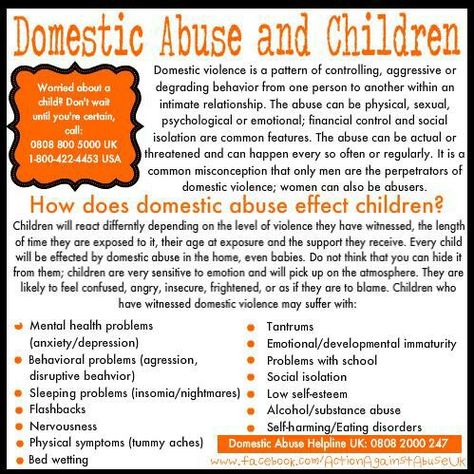 The amount of time children watch TV, regardless of content, should be moderated because it decreases time spent on more beneficial activities such as reading, playing with friends, and developing hobbies. If parents have serious difficulties setting limits, or have ongoing concerns about their child's behavior, they should contact a child and adolescent psychiatrist or a mental health provider for consultation and assistance.
The amount of time children watch TV, regardless of content, should be moderated because it decreases time spent on more beneficial activities such as reading, playing with friends, and developing hobbies. If parents have serious difficulties setting limits, or have ongoing concerns about their child's behavior, they should contact a child and adolescent psychiatrist or a mental health provider for consultation and assistance.
If you find Facts for Families© helpful and would like to make good mental health a reality, consider donating to the Campaign for America’s Kids. Your support will help us continue to produce and distribute Facts for Families, as well as other vital mental health information, free of charge.
You may also mail in your contribution. Please make checks payable to the AACAP and send to Campaign for America’s Kids, P.O. Box 96106, Washington, DC 20090.
The American Academy of Child and Adolescent Psychiatry (AACAP) represents over 10,000 child and adolescent psychiatrists who are physicians with at least five years of additional training beyond medical school in general (adult) and child and adolescent psychiatry.
Facts for Families© information sheets are developed, owned and distributed by AACAP. Hard copies of Facts sheets may be reproduced for personal or educational use without written permission, but cannot be included in material presented for sale or profit. All Facts can be viewed and printed from the AACAP website (www.aacap.org). Facts sheets may not be reproduced, duplicated or posted on any other website without written consent from AACAP. Organizations are permitted to create links to AACAP's website and specific Facts sheets. For all questions please contact the AACAP Communications Manager, ext. 154.
If you need immediate assistance, please dial 911.
Copyright © 2022 by the American Academy of Child and Adolescent Psychiatry.
Can television cause aggressive behavior in children?
In the vast majority of homes, the TV is on most of the day, or at least some of the time.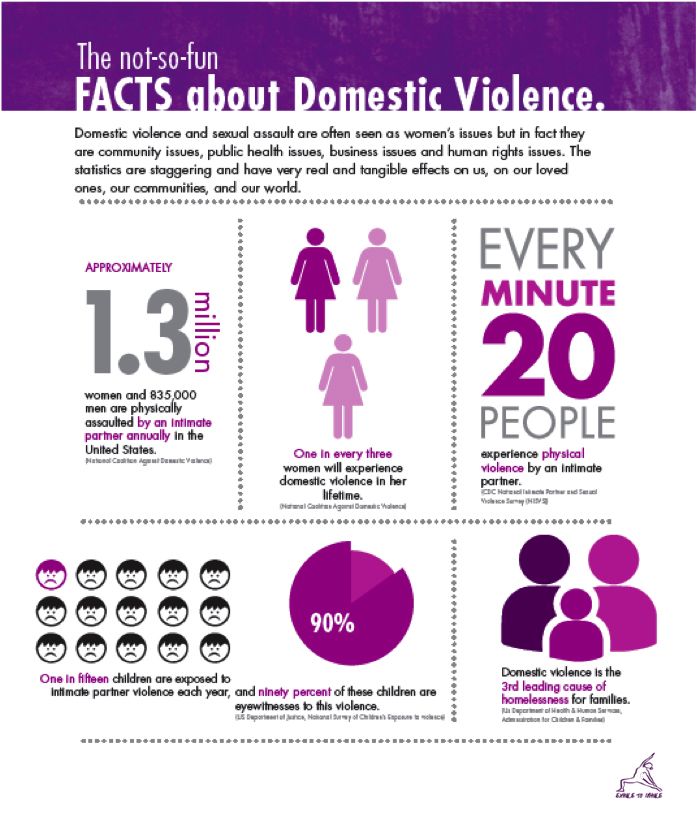 But every day the TV turns on a couple of times. Moreover, many children relax in front of the TV and enjoy their favorite programs, in many cases, parents do not follow what they see.
But every day the TV turns on a couple of times. Moreover, many children relax in front of the TV and enjoy their favorite programs, in many cases, parents do not follow what they see.
But when these shows are rich in violence, it can have a lasting effect. Researchers have questioned the impact of abuse programs on children many times. In an attempt to prove or disprove this correlation, researchers from various organizations have devoted themselves to studying this phenomenon and its implications. The results are very important for parents to take into account from now on.
Index
- 1 The effect of violence on television
- 2 The reason for the blow
- 3 They imitate what they see
- 4 They learn to respond negatively in different situations
- 5 It is very important to prevent violence
The effect of violence on television
7
In childhood, many children watch TV, and with it, violence. Before the age of 18, young people will see more than 200.000 acts of violence on television, which can undoubtedly affect their development or their way of understanding the world. The studies that reported these results not only showed that excessive violence affects children, it will have a much greater impact on children themselves when they become adults.
Before the age of 18, young people will see more than 200.000 acts of violence on television, which can undoubtedly affect their development or their way of understanding the world. The studies that reported these results not only showed that excessive violence affects children, it will have a much greater impact on children themselves when they become adults.
Children are very impressionable creatures, and they are also more prone to desensitization than adults. For this reason, it is very important that parents control everything that their children see on TV, as well as what they see or the games they can play on the computer, tablets or smartphones.
Cause of impact
Children feel the effects of violence on TV more than adults because they lack real-world experience to help them understand how adults interact with violence. In addition, they cannot separate reality from fiction, so what they see on the screens affects them doubly.
Children who see something on the screen think that it is really happening, so they It can be difficult for children to understand that the violence they see on TV is not the same as the violence they see. exists in the real world. They may also have difficulty understanding that real-world violence has consequences that do not occur on screen, which are often temporary and minor.
They imitate what they see
Just as young children try to imitate the words others say or the actions they see in their parents or reference person, children often imitate the violence they see on TV. Because they don't see the potential consequences of these actions when they watch TV, This leads them to believe that if they imitate these actions, they will not have negative consequences for themselves or others.
Therefore, it is very important to educate children with positive discipline when there are consequences, and so that children can understand that all actions have consequences, positive or negative.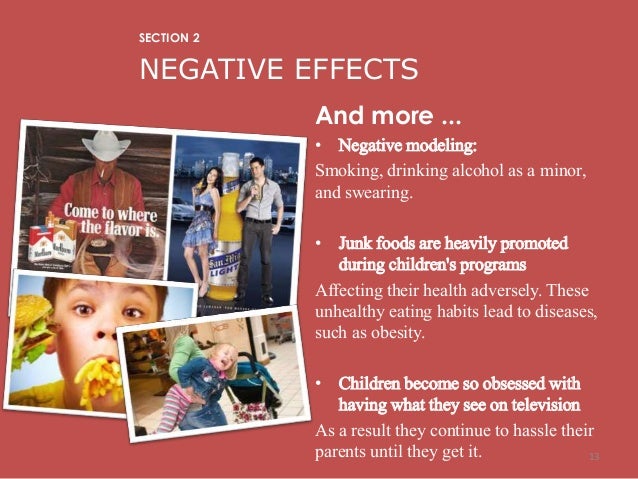
They learn to react negatively in different situations
As they grow up, children will determine how they will react in different situations. Developing this is necessary so that children learn to face different situations from day to day. But it is very important that parents teach them by good example and that television does not show this through programs that are not always intended for children.
News, violent programs, or even cartoons that are not appropriate for your children's age can negatively affect their cognitive scripts, their development will be very different from what it would be with other types of values in their education. When children see that all conflicts involve violence, they will have the idea that this is a way to resolve conflicts: violence.
It is very important to prevent violence
Parents are the most influential people in the lives of children, because they are not only the best example for them, but also guarantee them a good education through leadership, perseverance and good work.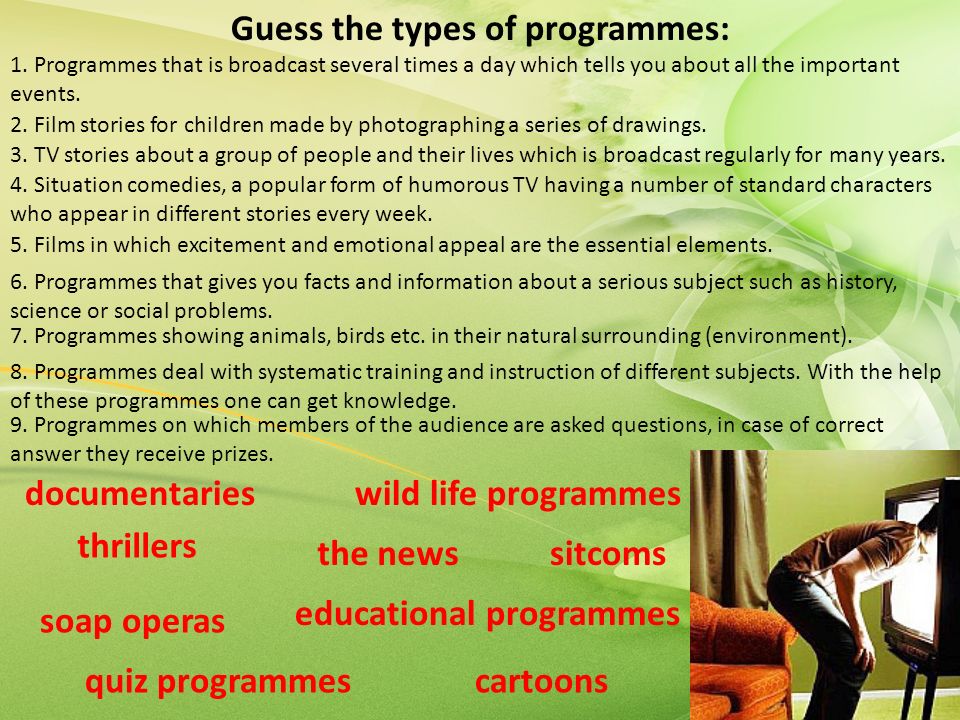 Parents should watch the TV that their children watch and choose programs that are not only non-violent, but contain content that is age appropriate for their children.
Parents should watch the TV that their children watch and choose programs that are not only non-violent, but contain content that is age appropriate for their children.
When children see violence on television, for example because it was on the news or on a program, parents are encouraged to minimize the impact of this vision by talking to them and explain the difference between reality and fiction. This can help children understand that what they see on TV is different from what they might see in the real world.
Your children may also ask you about the violence they see on TV, in which case you need to be honest about what is going on in the world, but always remember to use a few words and ways of explaining that are appropriate for their evolutionary age. and the ability to understand. This is not about making children afraid of violence, but about understanding that the violence that they almost always see on TV is unrealistic and that the violence that occurs in the world and in society has no justification, because any violence in the world must have consequences.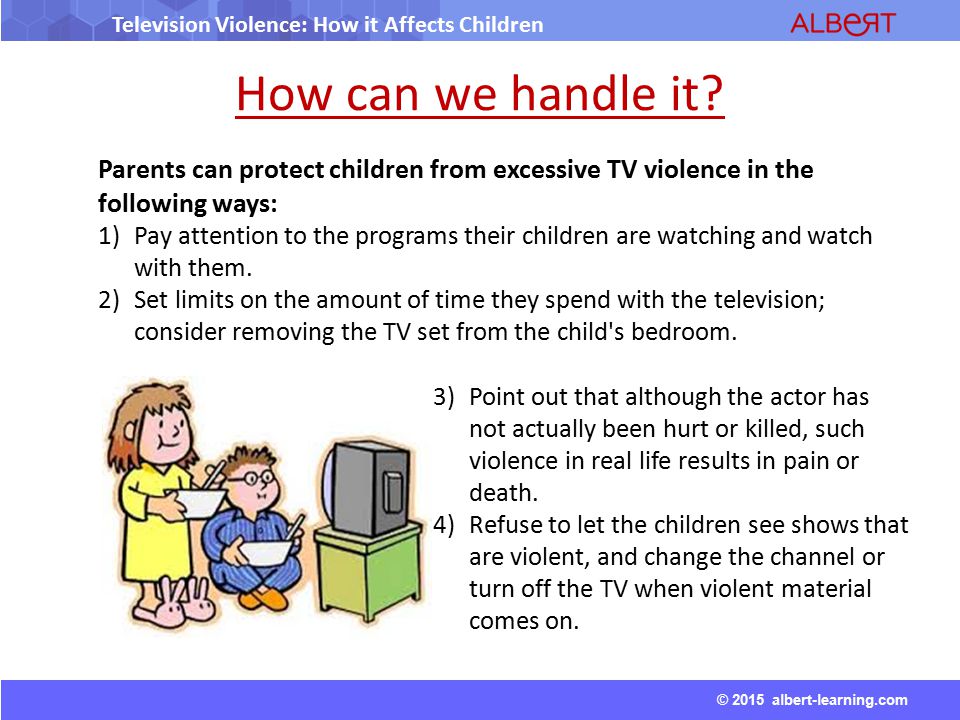 It is necessary to educate our children through respect for others and love along with tolerance, empathy and assertiveness. TV shows violence because it's too socially acceptable, but it's up to you to raise your children right.
It is necessary to educate our children through respect for others and love along with tolerance, empathy and assertiveness. TV shows violence because it's too socially acceptable, but it's up to you to raise your children right.
TV and video games make children violent
Business
|
Share
 According to Mediascope, 66% of children's TV programs broadcast in the US contain violence, and in three-quarters of the cases, television shows programs in which violence is not punished in any way. According to the US National Institute of Mental Health, only 4% of programs that contain scenes of violence contain a pronounced call for non-violence.
According to Mediascope, 66% of children's TV programs broadcast in the US contain violence, and in three-quarters of the cases, television shows programs in which violence is not punished in any way. According to the US National Institute of Mental Health, only 4% of programs that contain scenes of violence contain a pronounced call for non-violence. Over the past 40 years, more than a thousand studies have been conducted around the world on the impact of television and cinema on children. Research has been carried out in many countries of the world, among boys and girls belonging to different races, nationalities and social groups. However, the results of the studies were almost identical: screen aggression makes children more aggressive towards people and inanimate objects.
The American Academy of Pediatrics published four fundamental findings from these studies. First, children who watch a lot of programs containing scenes of violence perceive violence as an acceptable way to resolve conflicts.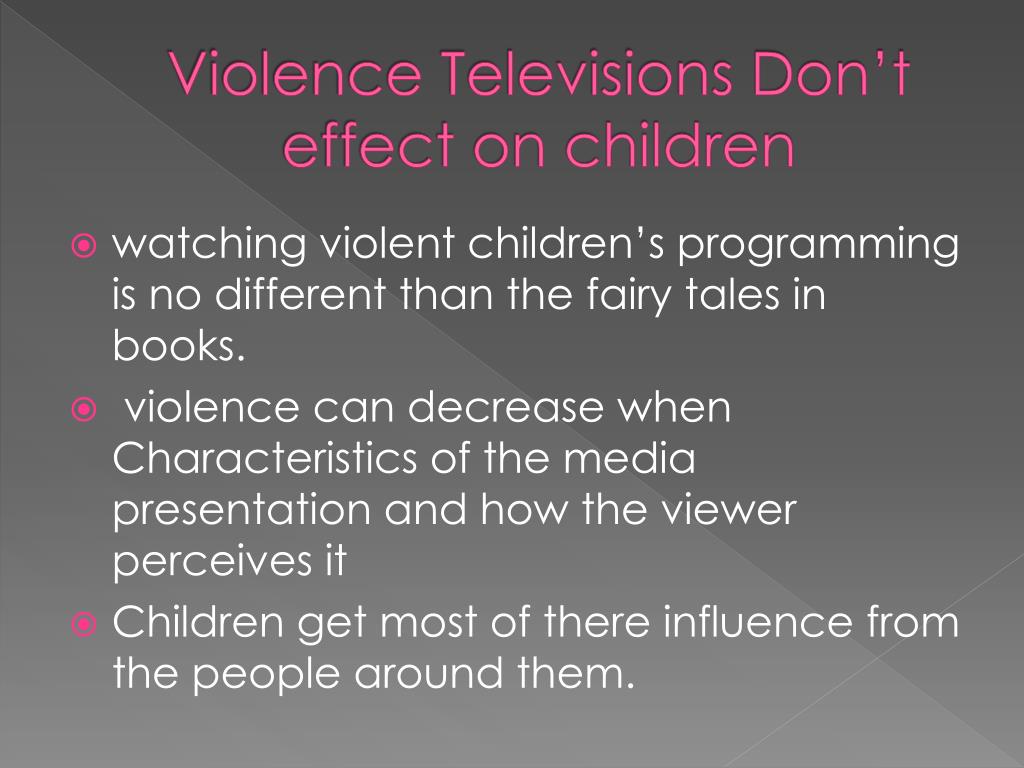 Secondly, watching scenes of violence makes a person more vulnerable to violence in real life. Thirdly, the more a child sees scenes of violence on the screen, the more likely it is that he will become a victim of violence. Fourth, if a child has a preference for watching violent TV programs, there is a much greater chance that he will grow up to be an aggressive person and even commit a crime.
Secondly, watching scenes of violence makes a person more vulnerable to violence in real life. Thirdly, the more a child sees scenes of violence on the screen, the more likely it is that he will become a victim of violence. Fourth, if a child has a preference for watching violent TV programs, there is a much greater chance that he will grow up to be an aggressive person and even commit a crime.
Teenagers tend to believe everything they see on screen, researchers say. For example, in 2001, the Kaiser Family Foundation found that 60% of teenagers trust the medical information broadcast on TV more than the opinion of their physicians. Violence on the TV screen is especially dangerous for young children under the age of 8, because they cannot accurately distinguish between where real life begins and where fantasy ends, experts say. Horror movies they perceive as reality. There are several sad examples. At the end of 19In the 80s, a five-year-old boy watched an MTV cartoon about Beavis and Butthead, where the characters unsuccessfully tried to use matches.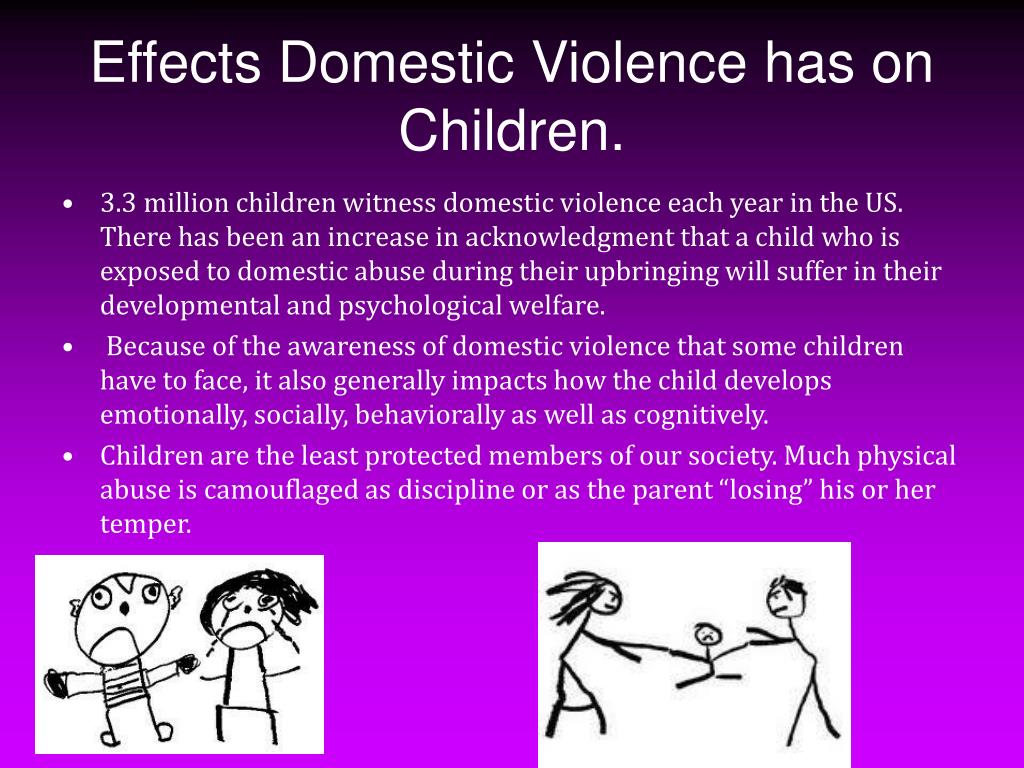 The experiment was a success for the boy - as a result, the trailer in which his family lived and his two-year-old sister burned down. The mother of a dead child who left her children unattended, local fire organizations and many community organizations began a campaign to ban this cartoon. A compromise was found: MTV dropped the pyromania scenes from the Beavis and Butthead stories. There are cases when children, after watching films about supermen, tried to fly by jumping out of windows.
The experiment was a success for the boy - as a result, the trailer in which his family lived and his two-year-old sister burned down. The mother of a dead child who left her children unattended, local fire organizations and many community organizations began a campaign to ban this cartoon. A compromise was found: MTV dropped the pyromania scenes from the Beavis and Butthead stories. There are cases when children, after watching films about supermen, tried to fly by jumping out of windows.
85% of the most popular video games in the US also contain violent acts. A 1996 study of four-year-old boys and girls showed that the majority of them (59% of girls and 73% of boys) named those with violence as their favorite video games. In 1999, two schoolchildren living in Littleton, Colorado, killed 12 of their classmates and wounded 23, after which they shot themselves. The investigation showed that one of the factors that pushed them to commit the murder was probably the popular computer game Doom. Both teenagers constantly played it. Classmates with whom they did not have a relationship, future killers called monsters, as in their favorite game.
Both teenagers constantly played it. Classmates with whom they did not have a relationship, future killers called monsters, as in their favorite game.
Television has had a great influence on the level of crime: there is a clear relationship - the level of crime in a given country increased 10-15 years after the appearance of television in it. In 2001, the United States published a report by the chief surgeon of the country on the problem of youth violence (Youth Violence: A Report of the Surgeon General). This report emphasized that watching violent films and television programs is a risk factor for adolescents. In terms of the level of impact on the child's consciousness, it is at the same level as other risk factors - poverty, poor social environment, low intelligence, etc.
Cheap loans and new factories: how to develop Russian electronics?
Import substitution
Public opinion polls show that about three-quarters of US residents believe that television programs are overloaded with violence.